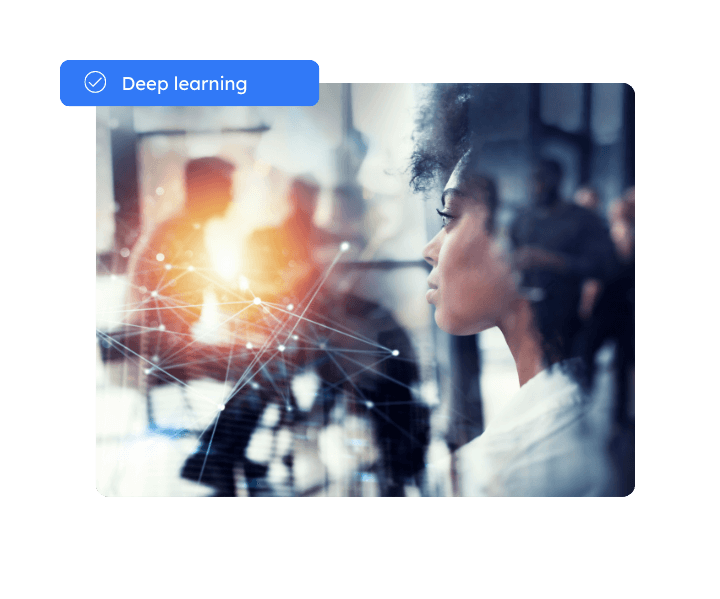Sinequa Assistant
Unleash the power of enterprise GenAI to drive results
Delivering unparalleled accuracy and efficiencies so you can accelerate the path to innovation
Connect the digital thread with the best AI-powered search for manufacturers Watch the demo


Sinequa Assistant
Delivering unparalleled accuracy and efficiencies so you can accelerate the path to innovation
While consumers have rapidly adopted ChatGPT and other generative AI models, business users are faced with a unique challenge:
On its own, GenAI is known for fabricating data to satisfy a prompt. These “hallucinations” result in inaccurate and unreliable outputs. When integrated with a world-class intelligent search engine, however, GenAI draws from governed data to provide trustworthy, contextualized results.
Sinequa Assistant represents more than 20 years of industry-leading innovation across natural language processing (NLP) and deep learning combined with modern GenAI capabilities.
The result?
A cutting-edge AI search experience designed to revolutionize the way your workforce discovers information, validates insights, develops new products and ideas, and delivers impact.

DISCOVER
Leveraging multiple layers of deep learning analysis, Sinequa Assistant approaches knowledge discovery with humanlike understanding so you can count on high-resolution relevance every time.

VALIDATE
Reliable information starts at the source. Sinequa sources answers from your governed enterprise data so you can count on contextualized analysis and trustworthy insights.

DEVELOP
Sinequa Assistant works harder so you can work smarter. Outsource the grunt work of content summarization and fact-finding to your new virtual assistant so you can spend more time doing what you do best.

DELIVER
AI-powered search doesn’t replace your workforce–-it augments their contributions. Expediting manual processes and time-to-insights empowers better decision-making, faster innovation, and stronger results.
It’s like having a personal assistant who:
Leveraging 20+ years of innovation across deep learning and natural language processing, Sinequa leads the industry in fine-tuned relevance across complex data sets.
Integrate with whichever generative AI model best suits your needs–even an internal one–as long as it can connect via API.
Sinequa seamlessly connects to all your content sources so you can access the entirety of your enterprise's knowledge--across all content types--from a single search bar.
Sinequa uses the permissions of your existing systems, so employees only see what they’re authorized to see.
Sinequa’s intelligent search platform comes ready to go out-of-the-box. All four models are pre-trained to perform well on enterprise content and do not require training on your dataset, now or in the future.
Sinequa’s enterprise search platform is designed for critical, intensive, and large-scale use. With no limits on document volume or user count, the platform is built to evolve alongside your needs.

Sinequa significantly differentiates itself through its use of deep learning (artificial neural networks), and how it uniquely applies multiple deep learning models to provide more accurate search results.
Alan Pelz-Sharpe, Founder, Deep Analysis